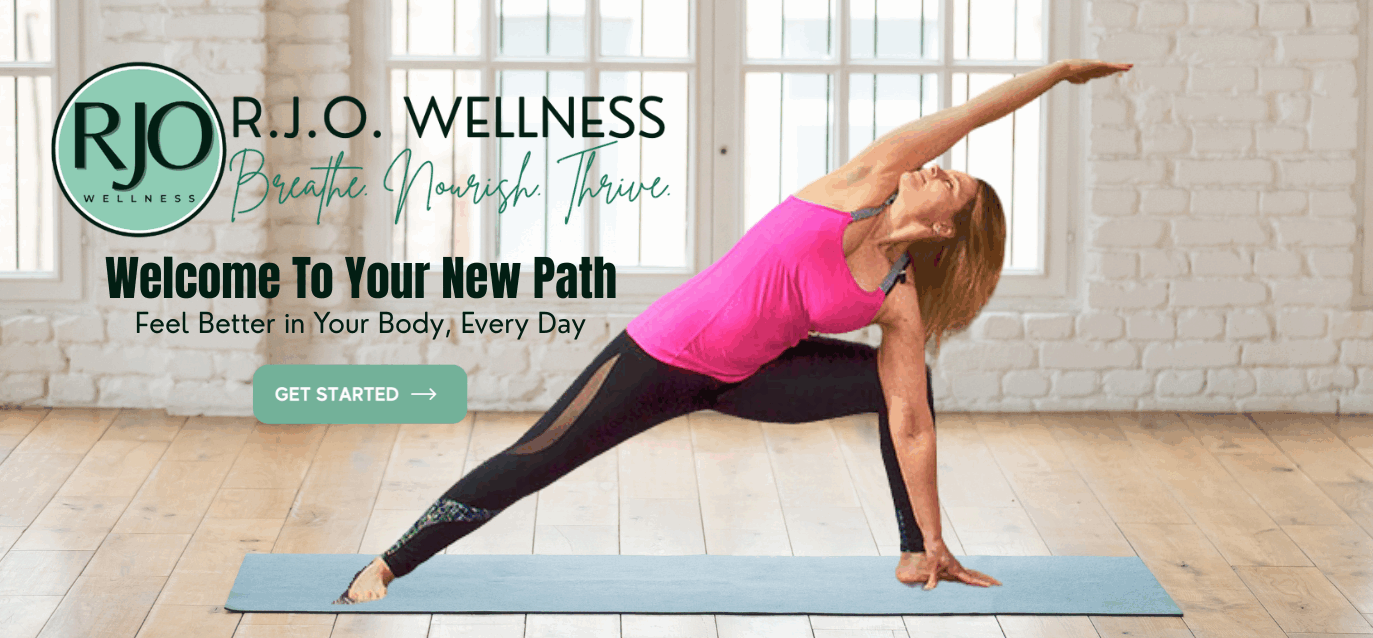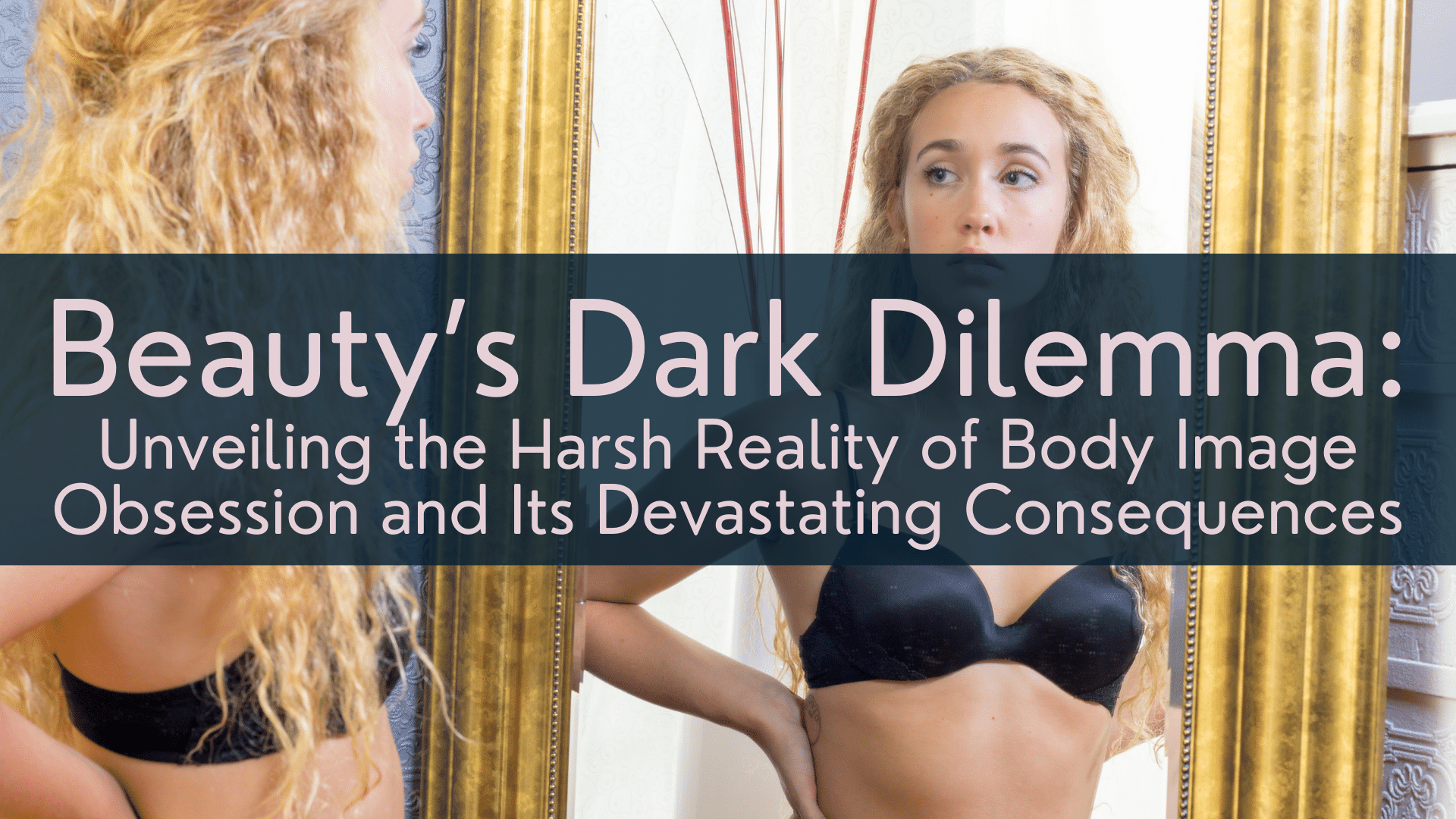As a health coach, I’ve traversed through numerous journeys alongside individuals striving for better health and well-being, as well as my own. Yet, amidst the pursuit of physical fitness and nutrition, I’ve encountered a haunting spectre that often lurks in the shadows: body image obsession ,and to the extreme, body dysmorphia. This silent assailant doesn’t discriminate; it preys on individuals across all ages, genders, and backgrounds, leaving behind a trail of shattered self-esteem and relentless self-criticism.
My understanding of this affliction transcends the role of a mere observer. For I, too, have grappled with the suffocating grip of body image issues. Longing to look a certain way, based on what society told me was how I should look. This resulted self-hatred, in yo-yo, dieting and even surgical adjustments that I now regret and working on reversing.
Body image issues, or in extreme cases, body dysmorphia, isn’t merely about vanity or superficiality; it’s a complex psychological condition that warps one’s perception of their physical appearance. Every reflection becomes a distorted funhouse mirror, every glance a barrage of flaws magnified to grotesque proportions. No amount of reassurance can assuage the relentless whispers of inadequacy echoing within.
Society’s relentless fixation on unattainable beauty standards only exacerbates the plight of those afflicted by body dysmorphia. From airbrushed magazine covers to meticulously curated social media feeds, we’re bombarded with an idealized image of perfection that’s as unattainable as it’s damaging. We measure our worth against an impossible yardstick, constantly falling short and condemning ourselves for our perceived failings.
I’ve witnessed firsthand the toll that body dysmorphia exacts on both physical and mental well-being. Clients starve themselves in pursuit of an elusive silhouette, punish their bodies with gruelling workouts in a desperate bid for validation and go through painful and often harmful surgical procedures for this false view of perfection. Yet, no amount of external transformation can heal the festering wounds of self-loathing that fester within.
The pervasive pressure to conform to society’s narrow definition of beauty often drives individuals, even those deemed conventionally attractive, to resort to extreme measures such as plastic surgery. What begins as a quest for perfection can swiftly spiral into a dangerous cycle of obsession and self-destruction, further perpetuating the insidious grip of body dysmorphia.
In a society where beauty is often equated with success, happiness, and worthiness, the temptation to alter one’s appearance through plastic surgery can be alluring. Yet, beneath the veneer of physical transformation lies a profound sense of insecurity and inadequacy that no amount of surgical enhancement can rectify.
Individuals succumb to the allure of plastic surgery in a desperate bid to attain an unattainable ideal, chasing after a mirage of perfection that forever eludes their grasp. What begins as a minor tweak or enhancement can quickly escalate into a relentless pursuit of flawlessness, with each procedure fuelling the insatiable hunger for validation and acceptance.
Sadly, the consequences of this relentless pursuit of beauty are far-reaching and devastating. Physical alterations, no matter how subtle, can exact a heavy toll on both physical and mental well-being. Complications can arise, leaving individuals with permanent disfigurement and chronic pain. Moreover, the psychological repercussions of plastic surgery can be equally profound, exacerbating feelings of inadequacy and perpetuating a cycle of self-loathing and dissatisfaction.
Furthermore, the normalization of plastic surgery as a quick-fix solution to perceived flaws only serves to perpetuate harmful beauty standards and undermine self-acceptance. Rather than celebrating diversity and embracing the unique beauty inherent in every individual, we are bombarded with images of homogenized perfection that leave no room for authenticity or self-expression.
As a health coach, and woman who has felt these societal pressures and witnessed the detrimental effects of body dysmorphia and the relentless pursuit of beauty in my clients, I implore us to challenge the status quo and redefine our notion of beauty. True beauty transcends the superficial and the fleeting; it emanates from within, radiating through acts of kindness, compassion, and authenticity.
Confronting body dysmorphia isn’t merely about transforming one’s physical appearance; it’s a journey of self-discovery and acceptance. It requires peeling back the layers of societal conditioning and confronting the raw vulnerability that lies beneath. It demands radical self-compassion in a world that often feels devoid of empathy.
As someone who has navigated the treacherous waters of body dysmorphia, I stand as a beacon of hope for those still ensnared in its grasp. Recovery is possible, but it requires courage, resilience, and a willingness to challenge the insidious lies that whisper in the darkest recesses of our minds. It’s a journey fraught with setbacks and moments of despair, but it’s also a journey towards reclaiming one’s inherent worth and embracing the beauty that lies beyond the surface.
So let us shatter the silence that shrouds body dysmorphia and usher in a new era of understanding and compassion. Let us stand in solidarity with those who wage daily battles against their own reflections, offering support and empathy instead of judgment and scorn. And let us cultivate a culture that celebrates diversity and authenticity, where self-worth isn’t measured by the size of one’s waistline but by the depth of one’s love, kindness, compassion and resilience.
Together, we can rewrite the narrative surrounding body dysmorphia, transforming it from a source of shame and stigma into a rallying cry for empathy and empowerment. For in our collective vulnerability lies the power to heal, to uplift, and to redefine what it truly means to be beautiful in a world that too often equates beauty with conformity.
Let us cultivate a culture that celebrates imperfection and embraces diversity, where self-worth is measured not by the symmetry of one’s features but by the depth of one’s character and the kindness in one’s heart. Let us reject the notion that beauty can be manufactured or bought, and instead embrace the inherent beauty that lies within each and every one of us.
In doing so, we can begin to dismantle the toxic ideals that perpetuate body dysmorphia and the destructive cycle of plastic surgery, paving the way for a more inclusive and compassionate society where everyone is celebrated for who they are, rather than how closely they adhere to an arbitrary standard of beauty.
If you are struggling with body image issues and body dysmorphia I encourage you to speak to a loving professional who you trust to help guide you through. If you are seeking to enhance your self-love by embracing a healthy lifestyle consider checking out my online course, Love Yourself Healthy to get started on this journey to self-love, health and happiness.
Until next time,
Keep rockin’ your wellness!
Rachel Joy Olsen, BSc., MBA
Health Coach




